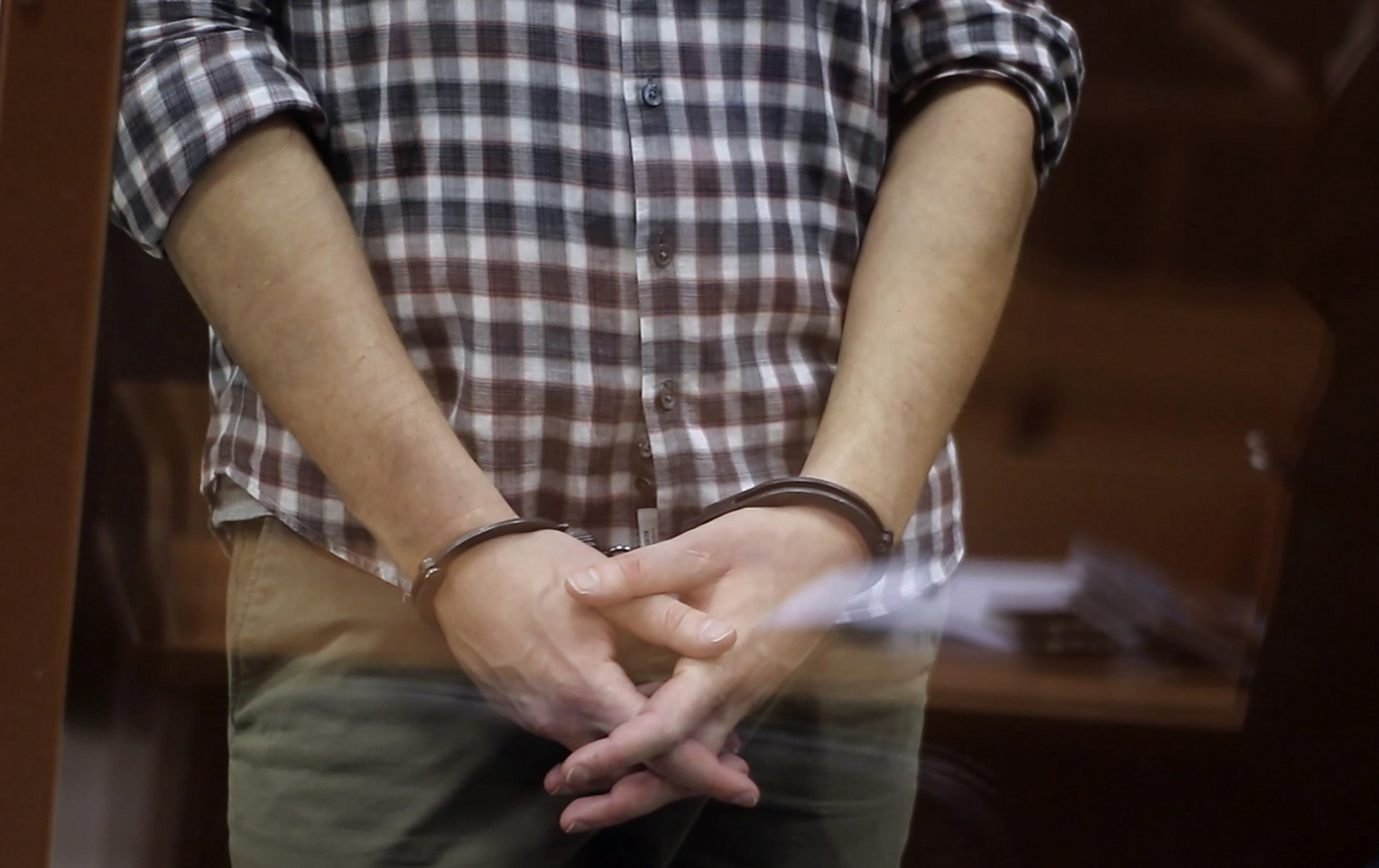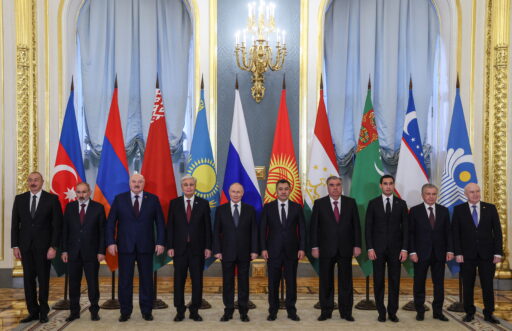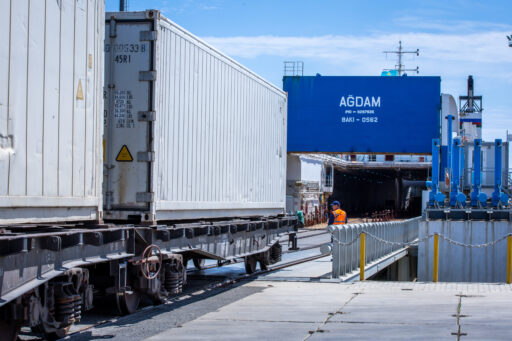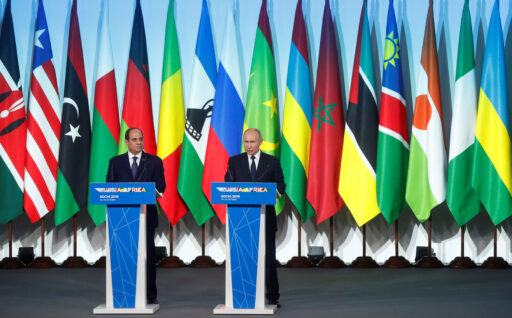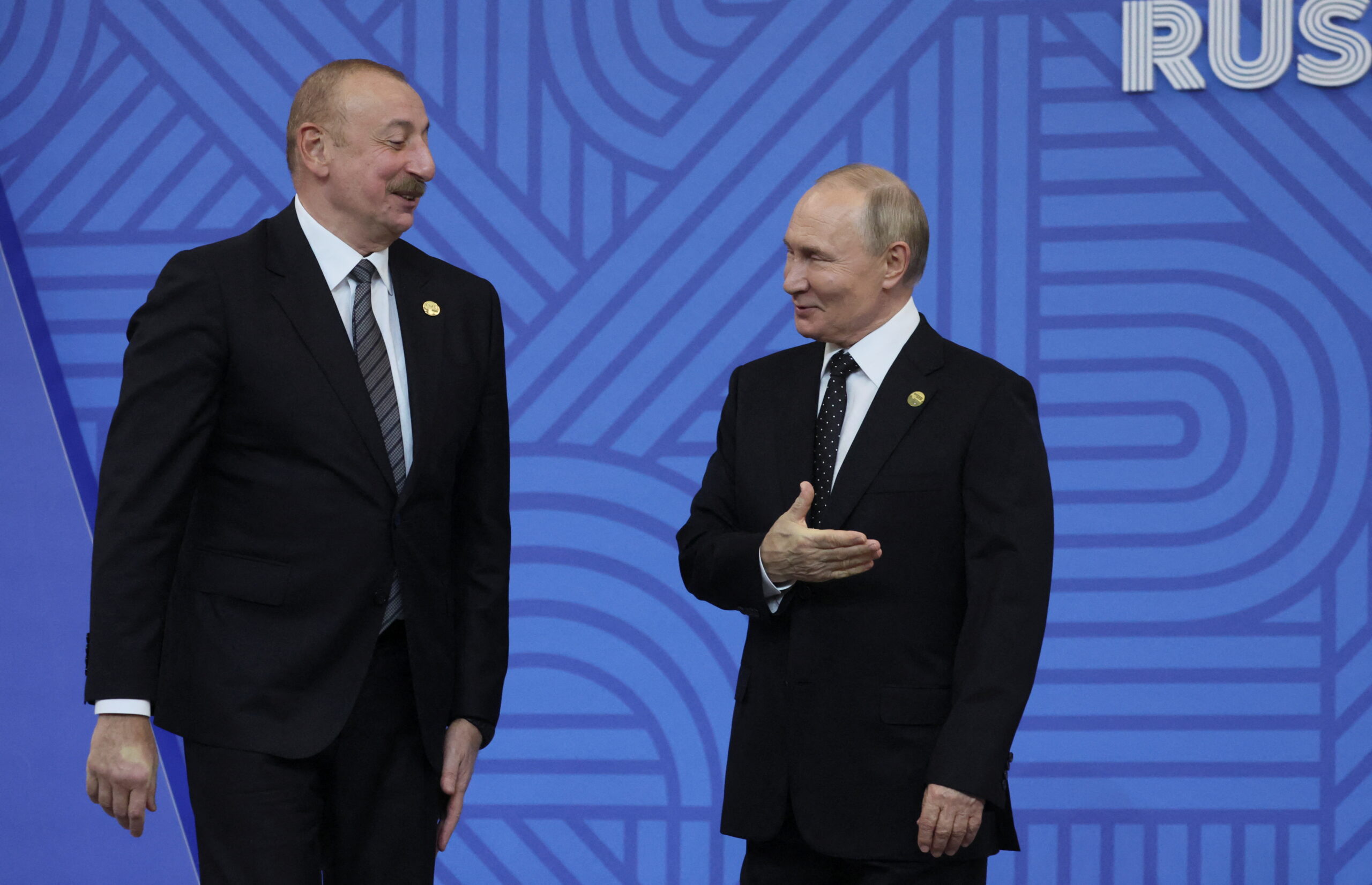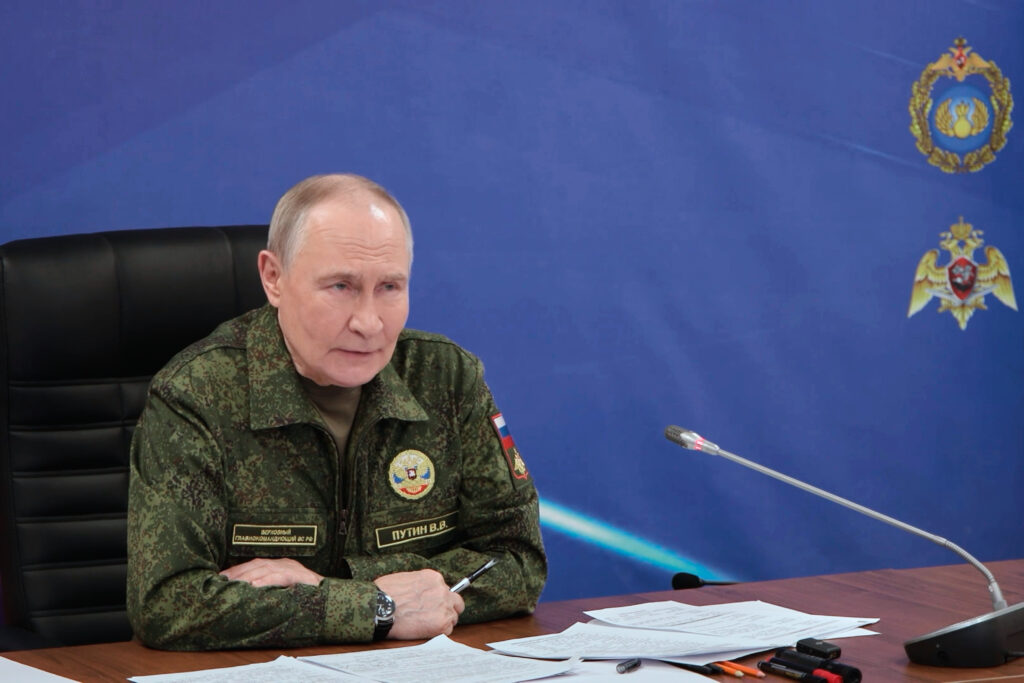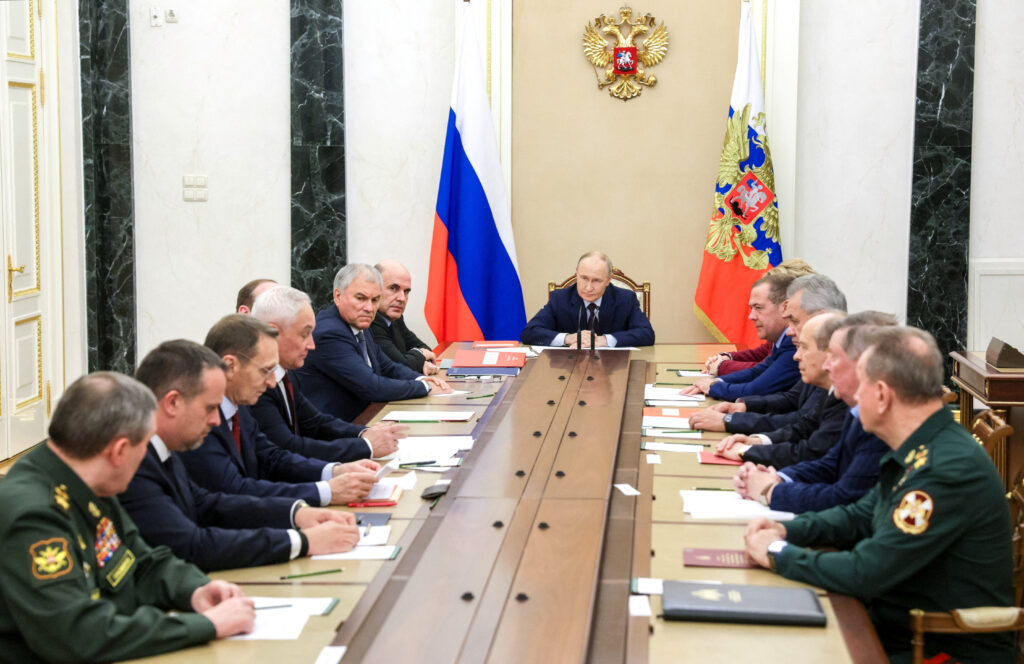On March 2, the United States followed the European Union in imposing new sanctions on Russia. While the EU backed its action with Decision 2020/1999 and Regulation 2020/1998 on restrictive measures against serious human rights violations, the US concurrently mobilized four normative acts:
- The US Chemical and Biological Weapons (CBW) Act, beginning March 17, will block US government aid, credit, and any other financial assistance to the Russian Federation, including from the Export-Import Bank, and will ban arms sales and financing for arms deliveries. Through this law, the Secretary of State has recognized that Russia used chemical weapons against its own citizens, in violation of the Chemical Weapons Convention.
- The State Department has added six Russian scientific research institutes associated with the defense and intelligence sectors to the Countering America’s Adversaries Through Sanctions Act (CAATSA) Section 231 List of Specified Persons. Any entity conducting business with them may be liable to secondary US sanctions.
- Executive Order 13382, which blocks weapons of mass destruction (WMD) proliferators and their supporters, now targets the Federal Security Service (FSB), Main Intelligence Directorate (GRU), and three scientific research institutes implicated in Alexei Navalny’s own investigation of his poisoning. The order also targets GRU officers Anatoliy Chepiga and Alexander Mishkin, suspected of poisoning Sergey and Yulia Skripal in 2018.
- The Department of the Treasury has added seven Russian officials to the Specially Designated Nationals (SDN) List under E.O. 13661 (regarding violators of Ukrainian territorial integrity and sovereignty), including officials from the Presidential Administration, Ministry of Defense, the head of the FSB, and four officials from the EU sanctions list.
The Treasury Department’s statement succinctly condemns the Kremlin’s use of chemical weapons against a political opponent. The EU’s justification, on the other hand, contains more useful information. This is due to the EU Council’s highest standards of due process when adding someone to the administrative sanctions list. If these are not met, the targeted entity may have the sanctions overturned in the European Court of Justice, where EU bureaucrats would have to litigate the basis for their restrictions.
The EU’s acts from March 2 note Russia’s ongoing and egregious human rights violations. They assign particular responsibility for arbitrary arrests and detentions to the head of the Russian Federal Penitentiary Service (FSIN), Alexander Kalashnikov. His agency’s petition to replace Navalny’s suspended sentence with an actual jail term has resulted in targeted sanctions.
As the FSIN and Investigative Committee bear responsibility for human rights violations in Russia, including arbitrary arrests and detentions, EU officials also blame Prosecutor General Igor Krasnov for the systematic, widespread repression of the freedoms of peaceful assembly, speech, thought, and self-expression. Viktor Zolotov, in addition to all of the above, also answers for the heavy-handed suppression of protests and demonstrations.
The Background for One-Sided Targeted Sanctions
The postwar world order rests on three key principles from Article 2 of the UN Charter: refraining from the use or threat of force, settling international disputes peacefully, and Member States fulfilling their obligations under the UN Charter in good faith. These principles clearly did not save the world from a multitude of wars and regional conflicts, including many that are ongoing today. However, they did prevent nuclear war between the superpowers, such as during the Cuban Missile Crisis and the Prague Spring. That is their most important achievement.
Differences between governments on the international arena are not going away. Russia, as the successor state of the Soviet Union, remains a nuclear power. Acts of war against Russia can almost guarantee a nuclear response that would threaten the entire planet. Therefore, it is in the interests of Russia’s potential adversaries to pursue effective, but demonstratively nonviolent means of deterrence and resolution of disputes. Methods like the use of targeted sanctions and restrictive measures have gained a positive reputation for effectiveness in light of their use in the global war on terrorism since 2001. Nevertheless, from the start of this century, the UN has recognized that wide-ranging sanctions against whole governments meant to punish their rulers have been unsuccessful. UN-approved multilateral sanctions programs against Haiti, Yugoslavia, Libya, and Iraq in the late 1990s did not quite hurt the intended elites as much as lead to famine, humanitarian catastrophe, and other massive violations of basic human rights. These experiences have convinced governments and institutions like the EU and the UN that precise, targeted sanctions — in other words, ‘smart’ sanctions — are necessary.
Sanctioning Chemical Weapons
Since the ratification of the four Geneva Conventions on the law of armed conflict in 1949, international humanitarian law stems from two principles: the prevention of unnecessary suffering and the prohibition of indiscriminate weapons.
In 1975, the Convention on the Prohibition of the Development, Production and Stockpiling of Bacteriological (Biological) and Toxin Weapons and on Their Destruction became the first global agreement to prohibit WMD. The Soviet Union was not a major player on the bacteriological weapons market and easily agreed to banning this class of weapons. Chemical weapons were a different story: The USSR was the world’s largest chemical weapons producer and maintained an arsenal that could destroy all living things on earth several times over. Many other countries, after losing faith in the USSR’s ability to compromise, began to unilaterally dismantle their chemical weapon stockpiles and pass legislation to warn chemical weapon-armed states of what would happen if they used them. Among this trend was the passage of the US CBW Act in 1991, aimed at deterring foreign regimes from using chemical weapons not just on their neighbors, but also on their own populations, because genocide has already been banned by international convention since 1948, without statutory limitations.
In accordance with this legislation, the US Secretary of State can determine that a foreign government has used chemical weapons and recommend measures to respond. The Act’s Section 7 requires the US Executive Branch to impose three out of six possible sanction options, ranging from banning US foreign aid to terminating the violating state’s air landing rights on US territory.
Analyzing the Consequences
Western governments have settled on nonviolent means of political pressure. They could not ignore the Putin regime’s attempt to assassinate a political opponent and the subsequent crushing of the freedoms of speech and assembly in Russia. The March 2 sanctions will not be painful for Russia or the listed individuals. However, their implementation itself means a lot. First, the sanctions serve as a form of condemning the Russian government’s poisoning of Alexei Navalny and his subsequent arrest, while also signaling the West’s concern for the general state of human rights in Russia. Second, this inflicts a reputational cost on Russia: not only did it fail to destroy its chemical weapons, but it continues to use them. By employing its security services for political killings in this manner, Russia is violating international legal obligations that it took upon itself. This reinforces the West’s collective opinion that the Kremlin is drifting further and further away from democratic values and respect for human rights.
The Russian Foreign Ministry demands that others do not interfere in their sovereign state’s internal affairs. However, just like the use of chemical weapons, human rights have long been considered to not be an exclusive matter of internal politics. This is partly due to Russia’s signature to the 1966 International Covenant on Civil and Political Rights and the European Convention for the Protection of Human Rights and Fundamental Freedoms.
Russia’s ruling regime has made its final decision in favor of authoritarianism and the suppression of dissent and civil liberties. Because this conflicts with western values, the March sanctions package is unlikely to be the last. According to the CBW Act, Russia has 90 days to acknowledge that chemical weapons have been used, guarantee their non-use in the future, and allow inspectors to access the relevant sites and scientific research institutes. If Russia fails to do so, the US reserves the right to keep the Section 7 measures in place. These could include blocking Russian state air carriers from landing on US territory and totally prohibiting US banks, residents, and companies from purchasing Russian sovereign debt, regardless of the currency used for the transaction or whether it is on the primary or secondary market. The latter option could prove extremely difficult for Prime Minister Mikhail Mishustin’s government, given that Russia’s 2021 budget predicts an intake of 3.7 trillion rubles from state borrowing.
The jury is still out on personal sanctions as the United States and the United Kingdom are still doing the detective work on businessmen involved in human rights violations, both of Navalny and Russians at large. It cannot be ruled out that personal sanctions will target other businessmen close to the Kremlin.
Russian intransigence toward the collective West could diminish the Russian government’s international legitimacy. In recent years, the logic of western relations with authoritarian regimes has sometimes recognized parallel governments following undemocratic elections. This was the case with western nonrecognition of Nicolás Maduro’s victory in Venezuela’s 2018 elections and the subsequent establishment of relations with Juan Guaidó in January 2019. Another example is Belarus in 2020, when the EU and the US refused to recognize Alexander Lukashenko’s election victory, preferring to hold meetings with Svetlana Tikhanovskaya instead. The same happened recently with Myanmar’s military junta: most western countries condemned the coup while it held on to its internal legitimacy. In all of these cases, the US and the EU use one-sided sanctions. If Vladimir Putin does not want Maduro, Lukashenko, and the head of Abkhazia to be the only leaders recognizing his next presidential victory, then he has a complicated task ahead of him: restore the world’s faith in Russia’s adherence to basic human rights.
